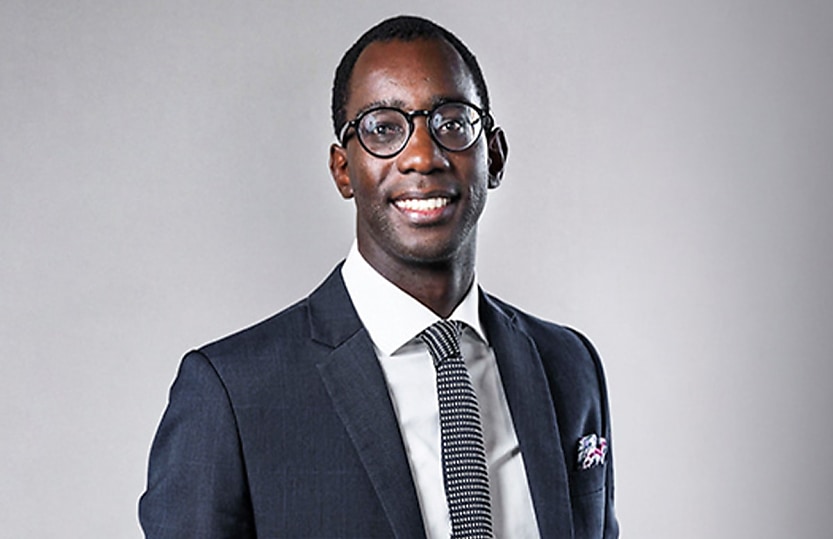First Nations accountants play critical role for local communities, says CA ANZ

The professional body is focused on attracting and retaining Aboriginal and Torres Strait Islander people to the accounting profession to facilitate representation and growth.
CA ANZ has provided an update on some of the steps it is taking to support First Nations Australians in the accounting profession after attending and supporting the Global Indigenous Business Summit ‘Te Hui Taketake a Te Puna Tahua Toa’ in Rotorua, New Zealand from 25–27 July.
This year the summit focused on the underrepresentation of First Nations people within the industry, despite accountants being influential in benefiting local communities.
CA ANZ president Tinashe Kamangira FCA said the summit was nothing short of amazing, especially from an Australian perspective.
“It was pretty amazing,” he said.
“It was very emotional, which is probably what surprised me the most.”
Kamangira said Indigenous Australians make up around 4 per cent of the Australian population, with only 0.5 per cent being chartered accountants.
To attract Indigenous Australians to the profession they need to be shown the role models and highlight the change they’re facilitating, Kamangira said.
In 2021, CA ANZ established the Aboriginal and Torres Strait Islander Member Panel focused on raising the profile of Indigenous Australian CAs and promoting the benefits of accounting as a career pathway.
“The Panel represents views of Aboriginal and Torres Strait Islander members and provides insights to the organisation on various strategic and operational matters,” CA ANZ said.
“The Panel also take a representative role in engaging with prospective members, students and community.”
Since the establishment of the panel, Kamangira said CA ANZ has seen progress but there is a long way to go in making a difference in Indigenous industry representation.
“It was good for our panel members to go to the summit as we thought this would be a short journey but to lift those rates, I think it’s probably a 20-year journey that we’re on.”
Kamangira said the most important steps to facilitate and attract Indigenous Australians to the profession include wanting to listen, learn and connect with people.
“You know, there are all sorts of reasons why Indigenous people probably don’t take accounting as their first preference, such as their connection to the land,” Kamangira said.
“It’s just about how we can empower First Nations people to see more of a value in the profession of accounting and in my reflection that’s by listening, learning and connecting.”
In an exclusive interview with Accountants Daily, Kamangira said the misrepresentation of Indigenous Australians in the accounting industry is a “big challenge that we need to help fix.”
Kamangira, born in Zimbabwe, provided the “sobering statistic” that there are more CAs born in Zimbabwe that are part of CA ANZ than there are Indigenous CAs in Australia.
“Anyone that tells you there’s a magic bullet to this and we can fix it overnight doesn’t know what they’re talking about,” he said.
“It’s going to take a long time, but we are stepping in the direction towards it.”
Kamangira highlighted attracting Indigenous people to the profession is one thing, but retaining them is another.
“What we need to do is support and guide them,” he said.
“If someone identifies as being from an Aboriginal and Torres Strait Islander background, once they start the CA program, we need to make sure they have a mentor to guide them through the program, their work and their career.”
To further aid in this initiative, Kamangira said CA ANZ provide scholarships for the CA program, and works alongside the National Indigenous Business Summer School in WA and Charles Darwin University to help young Aboriginal people.
“What it’s about is helping to close the gap in terms of showing Aboriginal people what they can do,” he said.
“It’s awesome that we have Aboriginal athletes, we’ve got Aboriginal politicians, what we need to do now is highlight what some of the awesome Aboriginal CAs do and what change they can make to their communities.”






